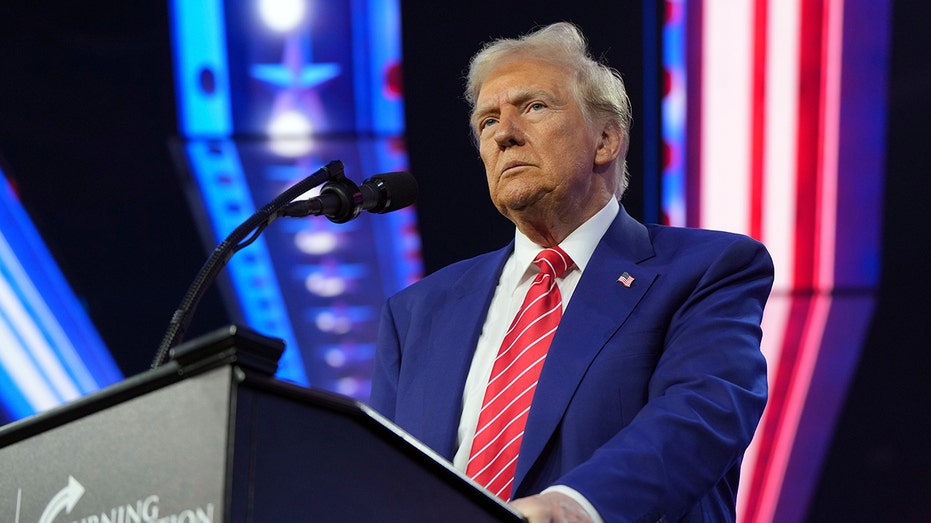
Immigration and civil rights advocates are demanding the Boston City Council delay a vote on a nearly $12 million federal counter-terrorism grant for the region, citing fears around surveillance and President-elect Trump’s mass deportation plan. The council’s Committee on Public Safety and Criminal Justice heard advocates express their concerns and desire for a delay less than 24 hours before councilors were scheduled to vote on the $11.9 million counter-terrorism grant.
Last year, the council blocked action on the annual grant twice before finally approving the $13 million award in late January. The “embarrassing” vote last December prompted a state senator to seek a change in state law to strip the council of its authority to approve public safety grants. Advocates are pointing to how the majority of the grant provides funding for the Boston Regional Intelligence Center and other surveillance infrastructure, public safety tools they believe will put Black and Browns in heightened danger when Trump regains office in January.

“The incoming Trump administration has already promised to conduct mass deportations,” said Heather Arroyo, senior immigration attorney at the Massachusetts Law Reform Institute. “He will use every tool that he has and to think he will not use federally funded programs to meet the agenda is a mistake. We, as a city, should not voluntarily be part of this.
” The federal funds, awarded by the U.S. Department of Homeland Security and passed through the state Executive Office of Public Safety and Security, help operate the Mayor’s Office of Emergency Management.
Specifically, the money goes towards training and operational needs to “help prevent, respond to and recover from threats of terrorism, including chemical, biological, radiological, nuclear and explosive incidents.” Nine communities outside of Boston also are keeping their eye on the council’s vote, hoping it approves the annual funding source for the Metro Boston Homeland Security Region — an entity that includes Boston, Brookline, Cambridge, Chelsea, Everett, Quincy, Revere, Somerville and Winthrop. “I hope we can vote on this tomorrow and provide the leadership to cities and towns in Greater Boston and our partners,” Councilor Ed Flynn said.
“They are counting on Boston to provide critical leadership.” Councilor Ben Weber put city emergency management officials and a Boston Police Department captain on the spot when he asked how they would ensure the “money is not used to aid immigration actions.” The council reaffirmed Boston’s status as a sanctuary city last week through the Trust Act which prohibits city police and other departments from cooperating with ICE when it comes to detaining immigrants on civil warrants.
“For Boston, we are fully aligned with the surveillance ordinance that the City Council has passed as well as any other policy about the Trust Act,” Andrew Blonairz, assistant deputy chief of administration for the Office of Emergency Management, told Weber. Police Cpt. Tim Connolly called Weber’s inquiry a “tough question.
” “In the spirit of community policing, we work for you,” he said. “That’s why we’re here, to answer the questions. This council will enforce exactly what it will and what it won’t be spent on.
”.















